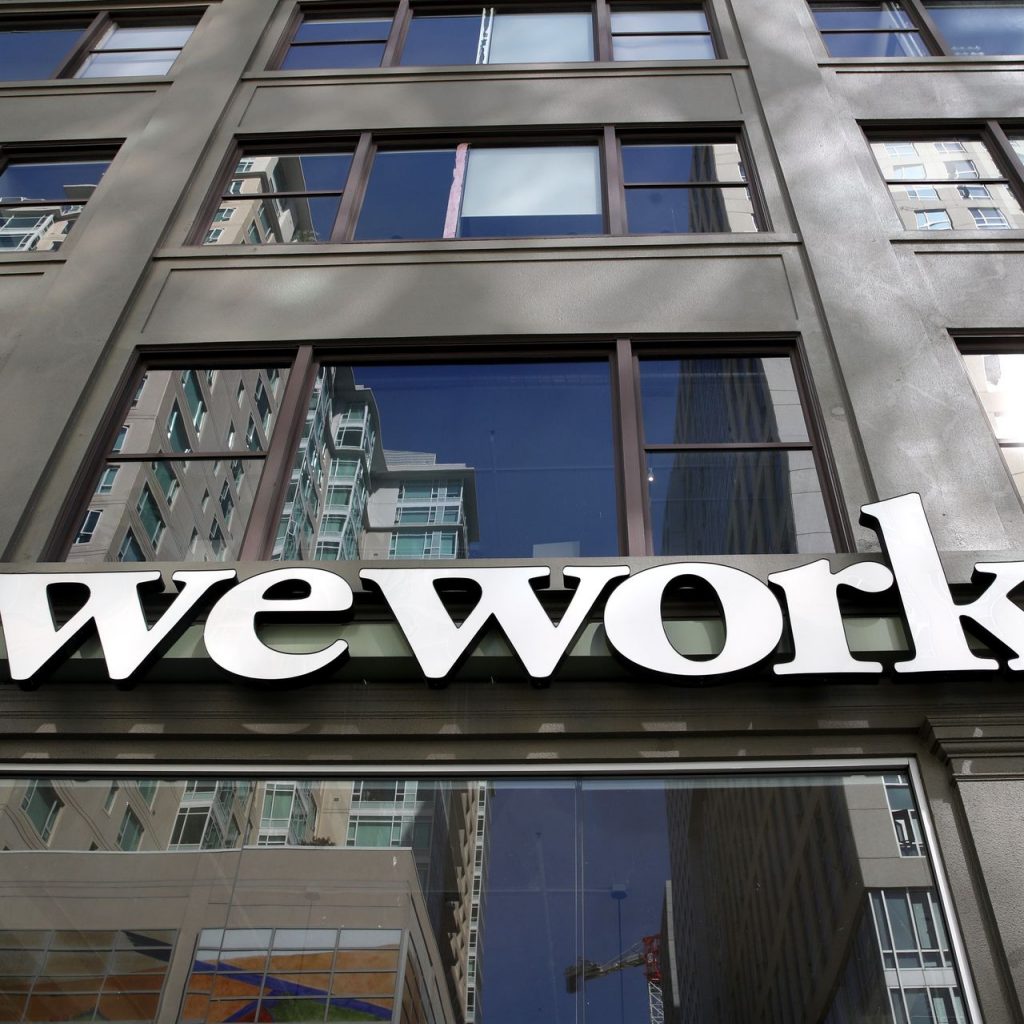WeWork has disrupted the business of leasing office space, and Amazon has disrupted a dozen industry sectors and counting. Uber and Lyft are disrupting not only the taxi and rental car industries, but the traditional parking business models as well. Both firms are racing toward their IPOs in the next few months.
Municipalities and consumers love the ride-hailing services offered by Uber and Lyft, but for different reasons.
Americans rated Uber the #1 most-used and best-loved brand of 2017, beating out companies like Starbucks and yes, even Amazon. According to Certify, a company that tracks business travel spending, 68% of business travelers chose Uber or Lyft, while just 25% chose rental cars and 7% hailed a cab.
City municipalities are happy with the affect that Uber and Lyft are having on their transportation infrastructures, and the anticipated future benefits of autonomous cars.
In “Yes, Uber Really Is Killing the Parking Business”, Fortune reports that cities benefit quite a bit as the demand for parking declines. Because parking lots and spaces generate very little tax revenue or economic activity, municipalities look forward to replacing blacktop with property that contributes to the economy.
A study published in the Journal of Transportation and Land Use notes that cities have begun changing zoning regulations to allow for lower minimum parking levels. Instead of parking garages and expansive black-topped car lots, cities are considering replacing parking infrastructures that bring more vibrancy to the urban landscape and less dependency on cars and the pollution and gridlock they create.
It’s never nice to see an entire industry begin to decline. But when consumers, business people, and municipalities have so much to gain by the growth of ride-hailing companies like Uber and Lyft, it’s difficult to see how investment in the parking lot business can’t help but go down.




